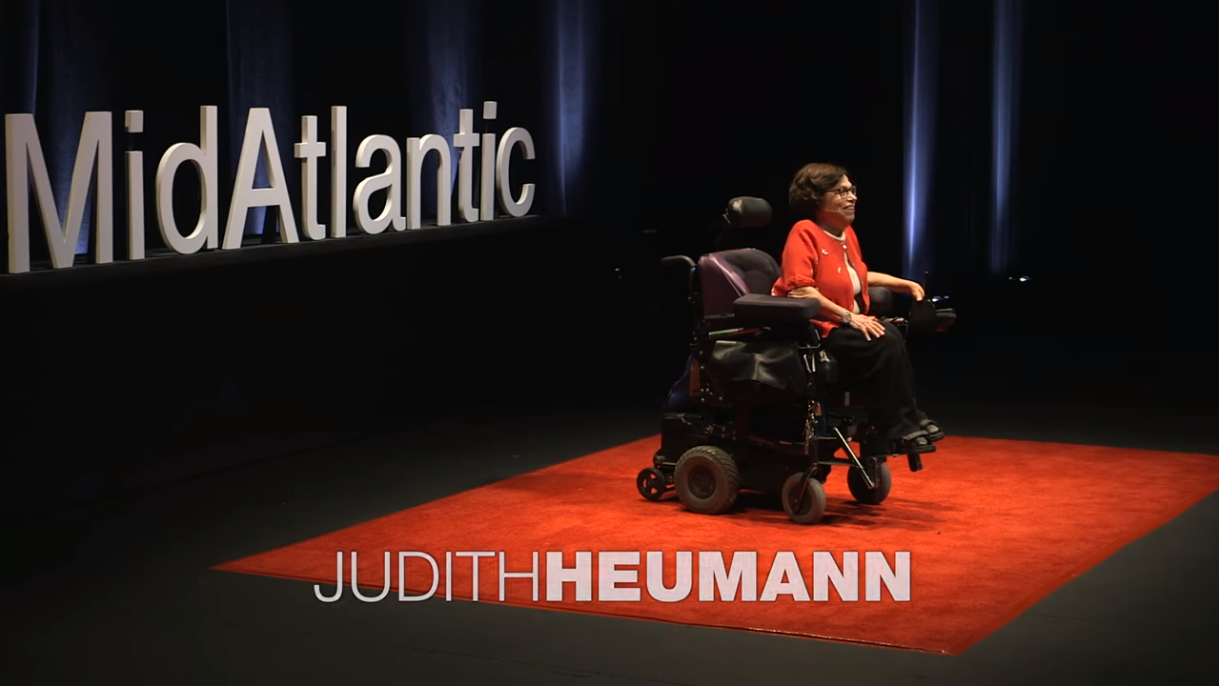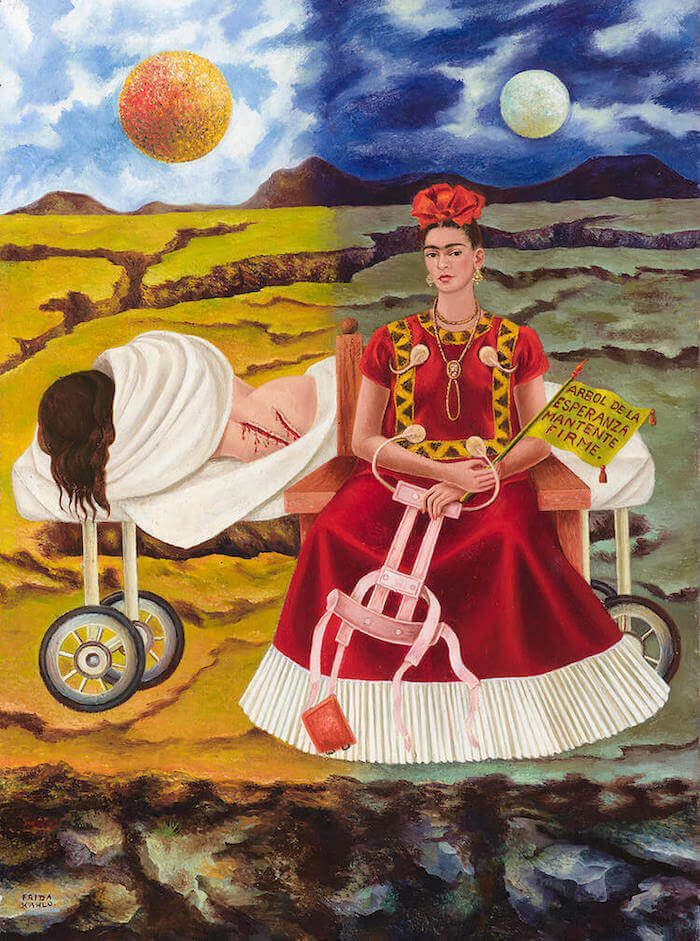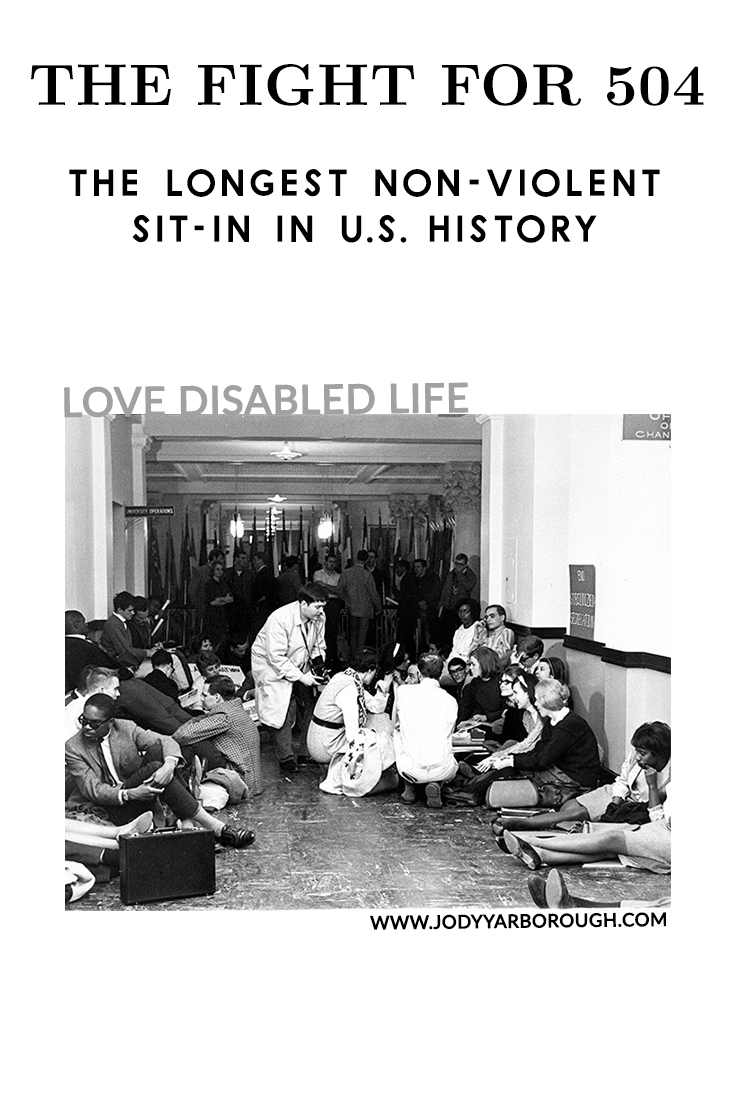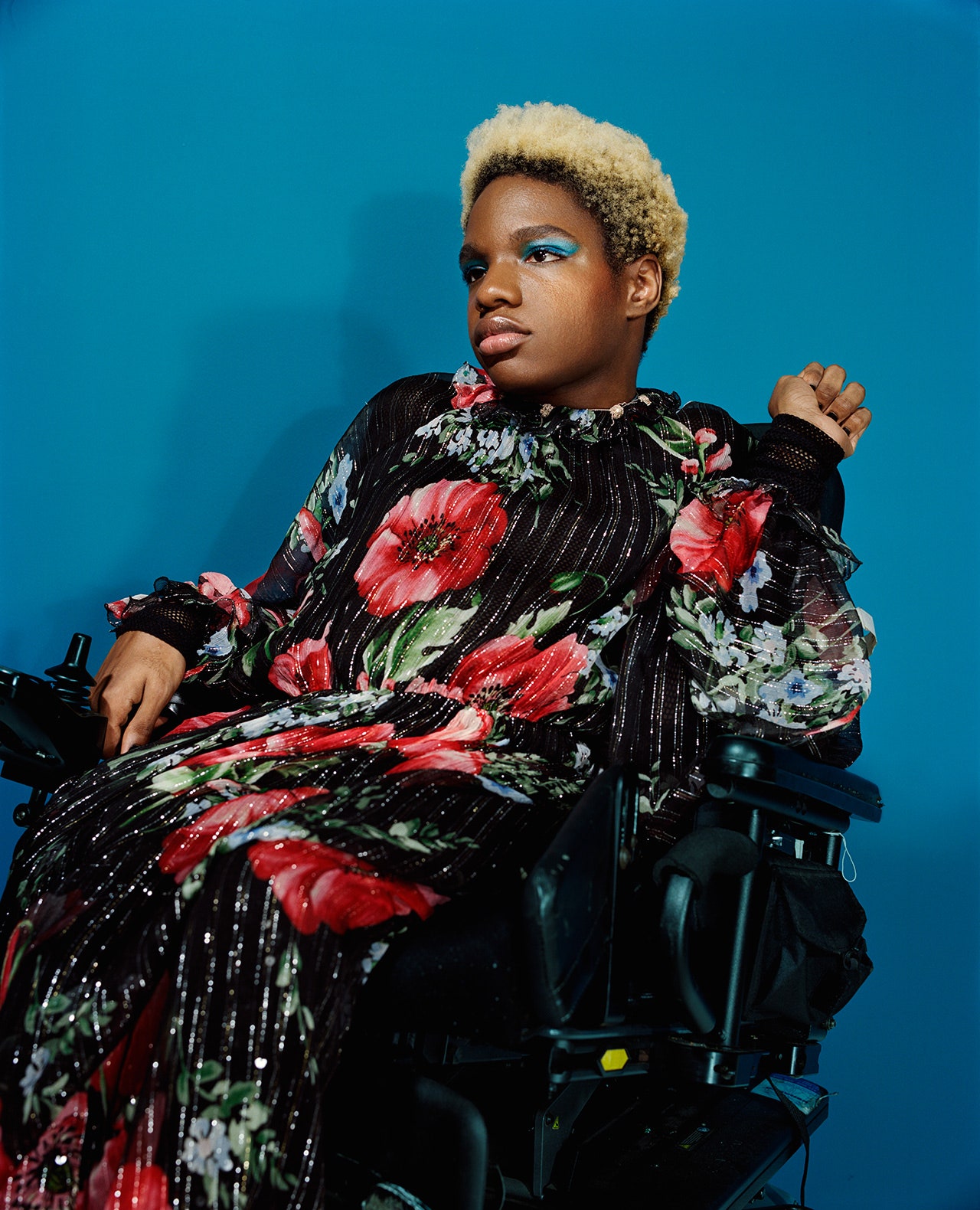The prevalence of individuals living with disabilities in the United States is far greater than most people realize. According to the Institute on Disability, “If people with disabilities were a formally recognized minority group, at 19% of the population, they would be the largest minority group in the United States.”1 Individual with disabilities intersect across all walks of life, in all professions, across all races, religions, ethnicities, gender identities, sexual orientations, and socioeconomic classes. Throughout history, influential individuals with disabilities have impacted our culture, our government, our science, our technology, our literature, and every other aspect of human existence. Despite this prevalence of individuals with disabilities in our everyday lives, many of us lack an understanding of the depth, complexity, politics, and history of disabled individuals. We hope that you are able to use the resources on this page to increase your own personal cultural competence with respect to disability and appreciate the impact this group has had and continues to have on our society.
The year 2020 marks the 30th anniversary of groundbreaking legislation that President George H.W. Bush signed into law. Throughout this 30th anniversary year, the Civil Rights Division is recognizing the many ways in which the ADA has transformed American society and enabled a generation of Americans with disabilities to thrive. At the same time, we recognize that many barriers to equal opportunity still remain. We recommit to our work of making the promise of the ADA a reality, enabling all Americans with disabilities to achieve their dreams and reach their full potential.
California Unruh Civil Rights Act
The language of the Unruh Civil Rights Act specifically outlaws discrimination in housing and public accommodations based on sex, race, color, religion, ancestry, national origin, disability, medical condition, genetic information, marital status, sexual orientation, citizenship, primary language, or immigration status.
The Americans with Disabilities Act (ADA)
The Individuals With Disabilities Education Act - 20 USC 1400 et seq NOTE: {This Link site can’t be reached}
The Individuals with Disabilities Education Act (IDEA), formerly the Education for all Handicapped Children Act, requires that all children with disabilities receive a free, appropriate public education in the least restrictive environment. Public schools have obligations to students with disabilities under IDEA and the ADA. Public schools are local government agencies and under the ADA, they have obligations to students with disabilities who qualify for services under IDEA and also to other students with disabilities, employees, parents, and members of the public who have disabilities.
Landmark Court Decisions
The Court holds that HIV infection qualifies as a disability under the Americans with Disabilities Act (ADA).
Murphy v. United Parcel Service, Inc. (1999)
In this case, the Court explains how to determine whether an impairment "substantially limits" a major life activity under the Americans with Disabilities Act (ADA).
The Supreme Court decided mental illness is a form of disability and that "unjustified isolation" of a person with a disability is a form of discrimination under Title II of the ADA.
Established limitations to the legal definition of disability in considering conditions that are mitigated through corrective measures (in this case, eyeglasses).
Greek Life Lacks Accessible Living
Turned Away for Her Disability
Citation: Differences in perceived neighborhood environmental supports and barriers for walking between US adults with and without a disability: Prev Med. 2020; 134:106065. Omura JD, Hyde ET, Whitfield G.P, Hollis ND, Fulton JE, Carlson SA.
Disability and the Marriage Disincentive
Disability and Representation in Movies and TV
Videos

Summary: A collection of TED Talks (and more) on the topic of Disability.
On-campus Resources
COSWB Committed to the general well being of UCSB undergraduates, with a particular emphasis on physical, nutritional, and mental well-being. Its purpose is to increase awareness, educate, advocate, and serve as a reference point for student social services.
CLAS helps students grow academically by offering workshops, walk-in, and pre-scheduled tutoring, and writing help both for native and non-native (ESL) English as a second language speakers. Over 50% of students will stop by CLAS at one time or another.
CODE The Commission works to educate the student body of UCSB on issues that affect people with disabilities, including but not limited to lack of accessibility, lack of sufficient mental health resources, lack of knowledge of invisible disabilities, ableism, etc.
CAPS As a student you may experience a range of issues that can cause barriers to learning, such as strained relationships, increased anxiety, alcohol/drug problems, feeling down, difficulty concentrating, and/or lack of motivation. These mental health concerns or stressful events may lead to diminished academic performance or reduce your ability to participate in daily activities. CAPS is available to assist you with addressing these and other concerns you may be experiencing. You can learn more about the broad range of confidential mental health services available on campus. They can be reached by phone at 805.893.4411, or online at http://caps.sa.ucsb.edu. The CAPS building is the pink building next to the Humanities and Social Science Building (HSSB).
DSP Provides academic support services for students living with permanent and temporary conditions that rise to the level of disability. The department is dedicated to ensuring access for these students as a tool by which they are able to reach their highest academic potential. Through a focus on respect for individuality expressed within the intersection of identities, the office strives to promote an inclusive environment through collaboration with students, faculty, and staff in order to eliminate physical, programmatic, and attitudinal barriers within our campus community.
Dream Scholars Offers workshops, helps students find scholarships and financial support as well as providing a community for our undocumented students.
If you are experiencing issues of housing insecurity contact the Financial Crisis Response Team at financialcrisis@sa.ucsb.edu to begin an application for assistance.
This website was developed to provide a centralized source of information regarding healthy and sustainable food options at UCSB and in the local community. We hope to highlight services and resources to help students, staff, and faculty access and choose healthy food options. This site also serves as a hub for learning about the campus food justice movement and efforts to reduce food insecurity and create a more sustainable and just food system.
Student wellbeing is integral to academic success, student development, and life satisfaction. On this website, students will find links to a range of services related to well-being such as assistance with basic needs (food, housing, finances); counseling and physical health resources, daily wellness centers and programs; social connection, and personal safety.
The Koegel Autism Center will be offering a new, free, and virtual program created by students, for students. TEAM is open to both incoming and continuing UCSB students with and without autism to help promote social connection and conversation. TEAM is a virtual program, facilitated by undergraduates, dedicated to creating a space for UCSB students to socialize and ease anxieties about the transition into remote college.
Organizations
Braille Institute offers a wide array of programs and services for the blind and visually impaired that are designed to help people with vision loss lead enriched and fulfilling lives.
Tri-Counties Regional Center is one of twenty-one non-profit regional centers in California providing lifelong services and supports for people with developmental disabilities residing in San Luis Obispo, Santa Barbara, and Ventura Counties.


